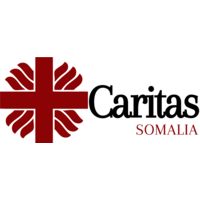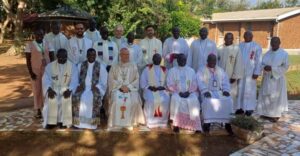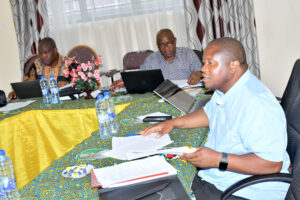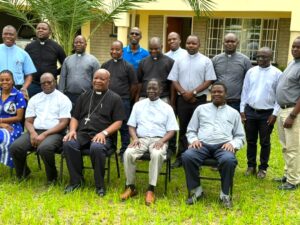DJIBOUTI/SOMALIA: “New Dry Spell Calls for Immediate Response” in Somalia, Says Caritas Director

Sr. Jecinter Antoinette Okoth, FSSA
Following the ongoing drought in Somalia that has caused severe hunger to millions of people including Internally Displaced Persons (IDPs), Caritas Director has called for “immediate response” from well-wishers so that people’s lives can be saved.
In a report shared with AMECEA online Thursday, February 17, Ms. Sara Ben Rached said, “Immediate response to this new dry spell is the distribution of basic necessities, especially to newly displaced persons… There is a need for urgent humanitarian interventions to meet basic food needs, protect livelihoods and prevent a humanitarian disaster.”
Additionally she said, “Distribution of water or filling of wells to prevent water-borne diseases,” will be equally helpful.
“As a result of this increasing drought, major health problems and disease outbreaks have been identified, including malaria, cholera, typhoid fever, pregnancy complications, increase in acute malnutrition and respiratory infections, particularly tuberculosis,” Ms. Sara underscored in relation to the effect of the ongoing drought and continued, “Covid-19 infections are reported to be on the rise in the Galgudud region particularly in IDP camps due to severe water shortages and lack of access to adequate sanitation and hygiene facilities.”
Highlighting the drought effect projections by the United Nations Office for the Coordination of Humanitarian Affairs (OCHA), Caritas Director of Somalia stated that “4.5 million people will face acute and emergency food insecurity from February to May 2022.”
“Some families are flocking to the cities and others are crossing into Ethiopia and Kenya in search of humanitarian assistance,” Ms. Sarah said in relation to OCHA’s report adding that “This past year’s drought has negatively affected agricultural and livestock production, leading to higher prices and loss of household purchasing power… and conflicts are interlinked with the negative impacts of climate change and variability in Somalia and affect the most vulnerable particularly women and children and resource-dependent communities.”
As a way forward to the people of Somalia towards the prolonged drought, Caritas Somalia organized the first Permaculture Design course last year which targeted students “to participate and observe the installation of permaculture systems and operate in an engaging environment, including appropriate technology, innovative greenhouse solutions, perennial food systems, animals, solar and more.”
The aim of the course was to train trainers, “who will go on to teach locals and international volunteers in ecosystem restoration.” Ms. Sarah disclosed.
“For long-term and structural solutions, we need to think about protecting forests (scrublands) and start new reforestation programs and for short- and long-term disaster awareness activities should be initiated,” Ms. Sara said advising the Ministry of Environment, Rural Development and also by other local organizations, including youth and women’s groups to carry out the suggested activities.”
She concluded that “deforestation and privatization of state land should be criminalized in order to save the few remaining thousands of trees and to make pastures accessible to all.”


